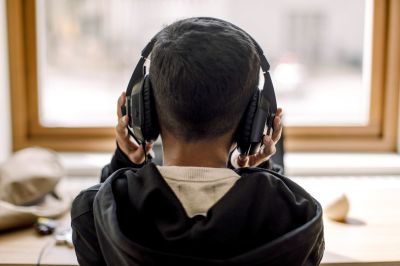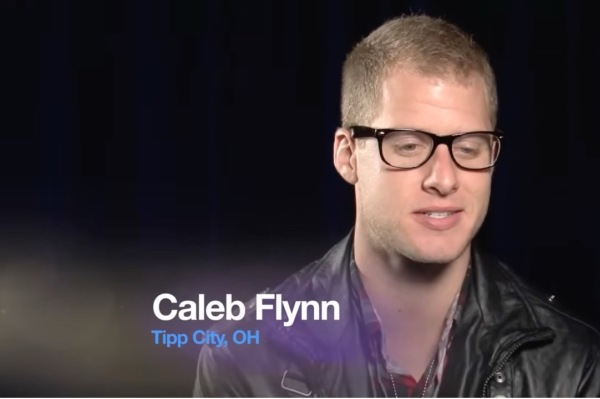Dear church, my autistic son wants to go to service, too

Going to church can be very difficult for both children and adults who have disabilities.
My son, Alexander, who has autism, faces a multitude of challenges in a church environment. I have walked out of church many times as the pastor is in the middle of saying the final prayer. I hate to do it; I know it’s disrespectful but when my son is done, he is done. I figure God understands and it is better than staying longer and enduring a meltdown.
There are a lot of sensory issues to be considered. Crowds and noise can be overwhelming to these populations. Many lack the attention span to follow service for a full hour or more. The language may be above their comprehension and the content too abstract. Sitting still for that period of time is another obstacle. Some people on the autism spectrum find hand flapping, rocking, and vocal noises soothing when they are distressed.
These behaviors are called stimming and are unacceptable in a traditional church environment. They lead to stares, shushes, and a general feeling of discomfort and rejection for our families. Many special needs families choose not to go to church because of this. It is tough to endure the reactions of our children and difficult to worship with so much anxiety and distraction.
Church should be an opportunity for worship, inspiration, and comfort. This should be available for all families. How can this be accomplished? I think it starts with education and awareness. Acknowledging the problem is a start. Asking for accommodation and acceptance comes next. Then fostering an environment where special populations are embraced. After all, if God made us all we should all be, not only accepted but welcomed in His house. We need a “no child (person) left behind” policy in churches, not just schools.
We need, not only childcare but care for adults with disabilities as well. I’m going to be brave enough to go beyond just care and request a special needs religious curriculum as well. An adaptive program where these special individuals are taught about God in a language that is simpler and broken down into smaller, more easily digestible pieces. Church staff will no doubt need training for this. The place to look for this special knowledge is in your church community. The disabled are an underserved and overlooked population. Ask the families with special needs relatives. We are happy, not only to be asked but to tell you about our loved ones and their needs.
My family is lucky to attend a church with a family room (formerly called a crying room). We are mainly among parents with small children, but we are grateful to be able to attend. Alexander, who is 21, can sit with me in this separate space that has glass windows we can see the service through. Audio comes through the TV so we can hear the service, but our church family can’t hear us.
There are so many benefits to inclusion in church. People with disabilities are sometimes not socially appropriate. How can they learn to be if they are left at home? They need to be exposed to different people and environments. Likewise, how can others learn about them if they are not out and among people? Caretakers need a break too, someone to care for their loved ones, while they get a chance to worship. I know how renewing it is for me to attend church. I need that reminder that I’m not in this alone, and that God, my family, and my community are with me.
Our families need church leaders to step up and offer care for our special family members and beyond that a religious education geared towards their level of understanding. Until changes are made in our churches, I ask that extended family and friends step up and step in to help caregivers. Can you take 90 minutes several Sundays a week to help? This may not be something you have thought of before, but it truly is important and needed. I guarantee it will be appreciated. It’s time to stop leaving disabled people at home. We are all God’s children, let’s show it.
Diana Romeo is a writer and a stay-at-home-mother to 2 beautiful children. She is the author of From an Autism Mom with Love.





















